Ten Questions for Saeed Jones
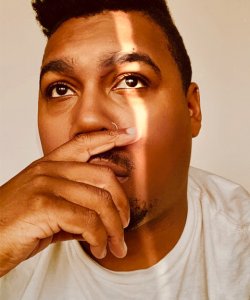
“The process of writing a memoir can swallow you whole if you aren’t careful.” —Saeed Jones, author of How We Fight For Our Lives.
Jump to navigation Skip to content
Read weekly interviews with authors to learn the inside stories of how their books were written, edited, and published; insights into the creative process; the best writing advice they’ve ever heard; and more.

“The process of writing a memoir can swallow you whole if you aren’t careful.” —Saeed Jones, author of How We Fight For Our Lives.
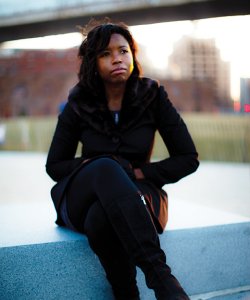
“Maybe we are all just a bit frazzled with the state of the world today, but it’s not always easy to sit and focus. When I do find time to write, it’s like I’m back to myself. I’m back home.” —Kimberly Reyes, author of Running to Stand Still

“I didn’t always feel like writing but I still made myself sit down and do it. I practiced discipline and worked towards inspiration.” —Maaza Mengiste, author of The Shadow King
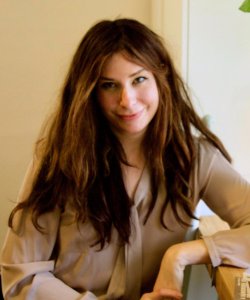
“I had made a bargain with myself that if I lived, I would give a book of what I learned back to the world in return—an act of gratitude and sometimes vengeance—and I made it.” —Anne Boyer, author of The Undying

“Nearly everything about writing a book is hard. The hope is that it’s harder, in some way, not to.” —Oliver Baez Bendorf, author of Advantages of Being Evergreen

“Sometimes the discourse on disability infringes on my imagination.” —Jillian Weise, author of Cyborg Detective

“I’ve learned that writing is not for the impatient.” —Crystal Hana Kim, author of If You Leave Me

“I ride a commuter train forty minutes each way to work. That’s when I write. Having to come to the page twice a day for short bursts gets me writing very fast; there’s very little wasted time. I’ve never been so productive in my life.” — Jonathan Vatner, author of Carnegie Hill

“Throw pencils, get mad, take a walk. Swear off poetry, read a chapter of a post-apocalyptic novel, wash the dishes. Feel better? Back to writing.” —Karen Skolfield, author of Battle Dress
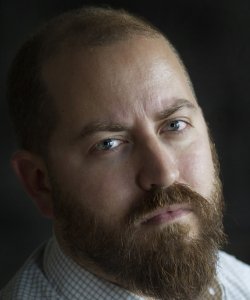
“Writers are artists, which means that...we have to work hard to protect our creative time, our imaginations, in the midst of all the other parts of our lives.” —Jess Row, author of White Flights
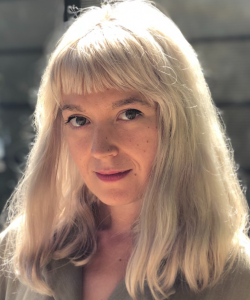
“Debt is the last thing writers need, and the least helpful aid to actual real-life writing.” —Sarah Elaine Smith, author of Marilou Is Everywhere

“Crucial to writing the book was the panic I started feeling about halfway through.” —Jana Prikryl, author of No Matter

“Listen, it can’t feel magical every day, of course, but writing does have the potential to be an act of joy.” —Courtney Maum, author of Costalegre
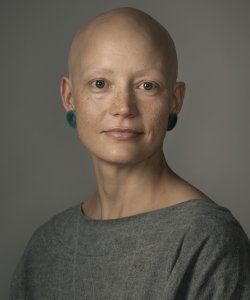
“I have never before written something where the primary challenge was not one of craft or character or structure but rather of emotion.” —Helen Phillips, author of The Need
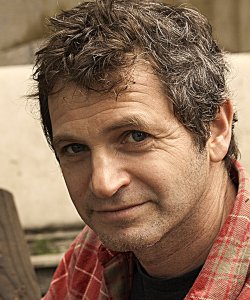
“Though this is my sixth book, I take nothing for granted.” —Peter Orner, author of Maggie & Other Stories
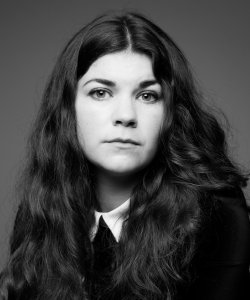
“Let people read your work, and listen to what they say about it.” —Caite Dolan-Leach, author of We Went to the Woods

“Don’t be careful; definitely not in the first draft.” —Chanelle Benz, author of The Gone Dead

“I write to try to set myself free, and then find myself snagged on my own limitations.” —Catherine Chung, author of The Tenth Muse

“So much can come of being willing to shut up and pay close attention to the world around you.” —Mona Awad, author of Bunny
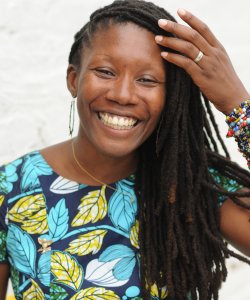
“We have to remind ourselves why we write and why it’s important for us to tell these stories. The universe will take care of the rest.” —Nicole Dennis-Benn, author of Patsy
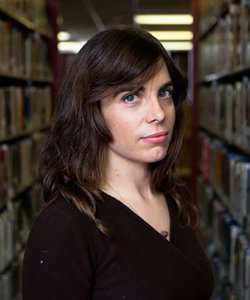
“I love more than anything to be alone in my imagination, but sometimes it is a dangerous place.” —Domenica Ruta, author of Last Day
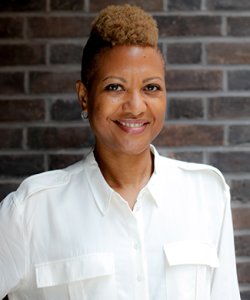
“What many people won’t admit is that it’s impossible to write a novel without a pinch of selfishness, and you have to beg your loved ones to forgive you for it.” —Sara Collins, author of The Confessions of Frannie Langton

“My ideal writing environment is a semi-public place, like a shared office, or a library as long as I can avoid making eye-contact with people around me.” —Xuan Juliana Wang, author of Home Remedies

“One of literature’s great powers is its ability to act as a tonic against xenophobia; there’s never been a moment when that power has been more urgently needed.” —Julie Orringer, author of The Flight Portfolio
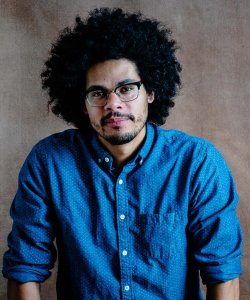
“I wish our books, as art objects, had better ways of showing more of the practice and work and failure that go into making them.” —Geffrey Davis, author of Night Angler.